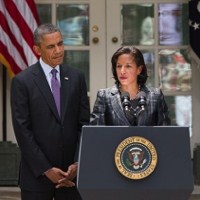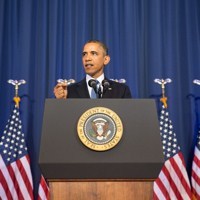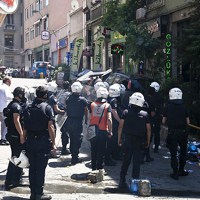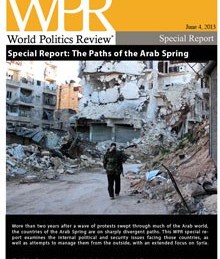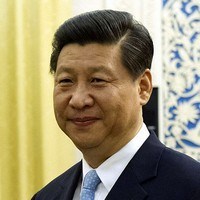
In an unusual and potentially momentous informal summit, U.S. President Barack Obama and his Chinese counterpart, Xi Jinping, will today begin three days of talks at a Californian desert ranch in what are being briefed as wide-ranging discussions on high-level strategic issues. Commentators are focusing on the potential for a personal rapport between the two leaders to emerge, with significant effects on broader relations between the world’s two most important nation states. But the initiation of a major strategic shift is dependent on the two sides overcoming a series of persistent disagreements and managing respective domestic pressures that limit the […]

